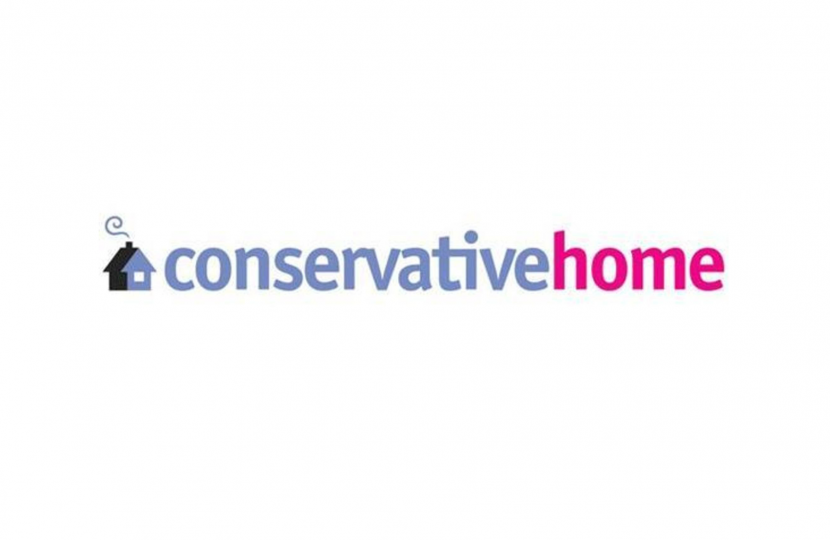
https://www.conservativehome.com/platform/2021/07/aamer-sarfraz-securit…
Lord Sarfraz is a Conservative member of the House of Lords and a Member of the Science and Technology Committee.
There are 370,000 licensed security professionals in this country, more than double the combined manpower of the British Army, Royal Navy, Royal Marines and Royal Air Force. They include security guards, door supervisors, and CCTV operators.
These men and women are at the front line in our banks, supermarkets, nightclubs and sporting events. Sadly, little attention is paid to their welfare.
The job of a security guard is very challenging. A study by the University of Portsmouth found that 50 per cent of security guards face abuse once a week, and 40 per cent show symptoms of PTSD. Security guards work long hours, usually standing, with little opportunity for career progression. It is unsurprising the sector has high staff turnover.
Security guards are not employees of the establishments at which they are deployed. As contractors, they do not share in employee benefits, such as insurance or health care. Many are hired by small security firms, who offer no benefits at all.
Critically, security guards don’t usually receive the hourly wages billed by security firms on their behalf. As an example, a security firm may charge a client £15 per hour, but most security guards earn close to the £8.91 minimum wage, with the difference kept by contractors and sub-contractors. The top five security firms in the UK have combined revenues in excess of £1.5 billion.
During the pandemic, security guards served diligently, like many frontline workers. The ONS published data in March 2020, stating that security guards faced the highest risk of death from Covid-19, more than any other occupation. We rightly clapped for carers, but security guards get virtually zero recognition.
The UK security sector is growing at six per cent annually, and given work conditions, there will no doubt be a shortage of staff in this sector. Unlike Uber drivers, security guards don’t benefit from “surge pricing” when demand is high.
Security guards invest in their own training and licensing – none of this is paid for by their employers. Training covers criminal and civil law, report writing, maintaining evidence, crime scene investigation, drugs, first aid and CPR, communication skills, firefighting, managing vulnerable people, conflict management, and use of force. All of this content, akin to a mini MBA, is delivered in less than one week.
Once a prospective security guard completes their training, they have three years to apply for a security license, which is in turn valid for another three years. As such, a security guard could go six years with no refresher training.
A select group of security professionals, door supervisors, participate in a “physical training” module, in which they learn how to restrain people and manage rowdy crowds. This training is delivered in one day, with no simulations or exercises thereafter. The vast majority of security guards are offered no physical training whatsoever. Yet we expect them to manage a football mob better suited for riot police.
The Security Industry Association (SIA), established under the Private Security Industry Act 2001, is responsible for regulating the security industry in the UK. Today, I am tabling a written question in the House of Lords asking the Home Office what their strategy is to protect the mental and physical wellbeing of security guards. Security guards keep our families safe every day, and we owe it to them to recognise their work.

